Leave No Trace
We follow the universal backpacking principles created by the Leave No Trace (LNT) Center for Outdoor Ethics
We work with the National Forest Service to limit impacts in the forests we occupy, so certain iterations of these principles may vary per field area. Upon arrival, LNT principles are one of the first program elements that students learn about. The seven Leave No Trace principles from the www.lnt.org are employed to ensure limited impact of the local flora and fauna as well as supporting the health and safety of our staff and students:
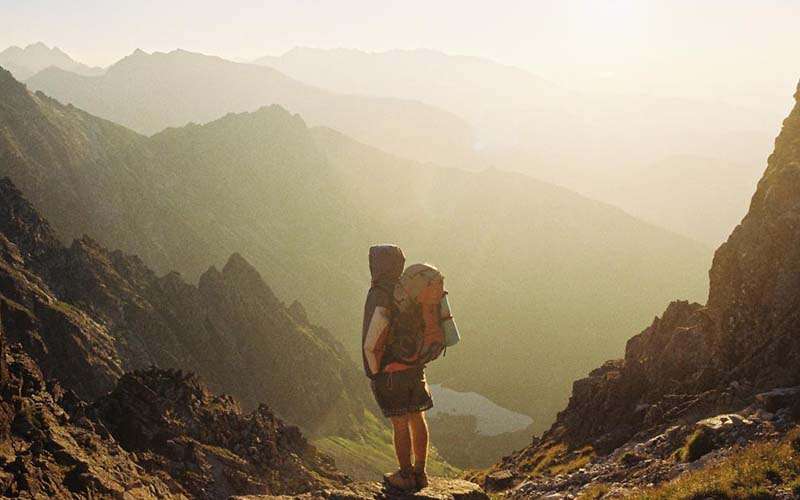
Plan ahead and prepare
Adequate trip planning and preparation helps backcountry travelers accomplish trip goals safely and enjoyably, while simultaneously minimizing damage to the land. Poor planning often results in miserable campers and damage to natural and cultural resources.
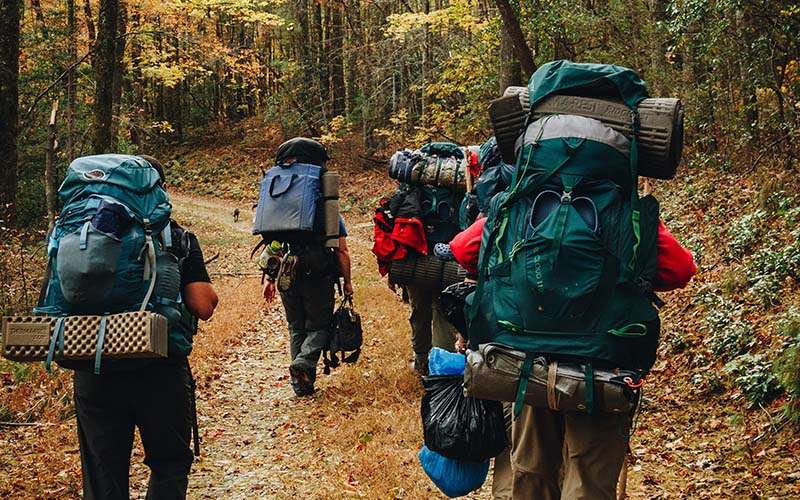
Travel and camp on durable surfaces
The goal of travel in the outdoors is to move through natural areas while avoiding damage to the land or waterways. Understanding how travel causes impacts is necessary to accomplish this goal. Travel damage occurs when surface vegetation or communities of organisms are trampled beyond recovery. The resulting barren area leads to soil erosion and the development of undesirable trails. Backcountry travel may involve travel over both trails and off-trail areas.
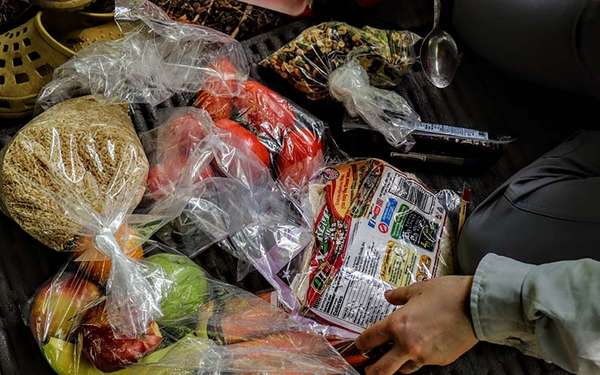
Dispose of waste properly
Proper disposal of human waste is important to avoid pollution of water sources, avoid the negative implications of someone else finding it, minimize the possibility of spreading disease and maximize the rate of decomposition.
In most locations, burying feces in the correct manner is the most effective method to meet these criteria. Solid human waste must be packed out from some places, such as narrow river canyons. Land management agencies can advise you of specific rules for the area you plan to visit.
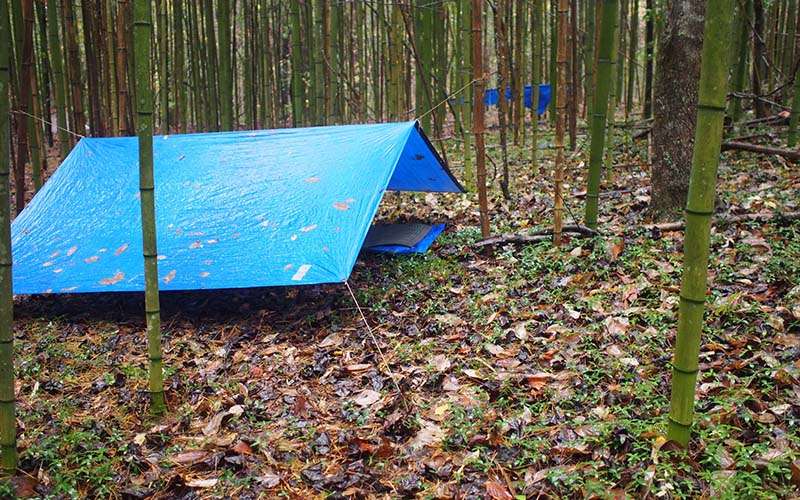
Leave what you find
Leave areas as you found them. Do not dig trenches for tents or construct lean-tos, tables, chairs or other rudimentary improvements. If you clear an area of surface rocks, twigs or pine cones replace these items before leaving. For high-impact sites, it is appropriate to clean up the site and dismantle inappropriate user-built facilities, such as multiple fire rings and constructed seats or tables. Consider the idea that good campsites are found and not made.

Minimize campfire impacts
The natural appearance of many areas has been degraded by the overuse of fires and an increasing demand for firewood. The development of lightweight efficient camp stoves has encouraged a shift away from the traditional fire for cooking. Stoves have become essential equipment for minimum-impact camping. They are fast, flexible and eliminate firewood availability as a concern in campsite selection. Stoves operate in almost any weather condition—and they Leave No Trace.

Respect wildlife
Allow animals free access to water sources by giving them the buffer space they need to feel secure. Ideally, camps should be located 200 feet or more from existing water sources. This will minimize disturbance to wildlife and ensure that animals have access to their precious drinking water. By avoiding water holes at night, you will be less likely to frighten animals because desert dwellers are usually most active after dark. With limited water in arid lands, desert travelers must strive to reduce their impact on the animals struggling for survival.
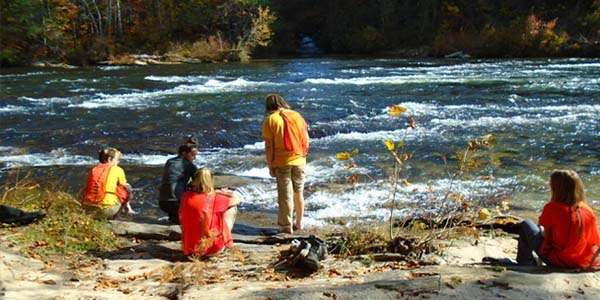
Be considerate of other visitors
One of the most important components of outdoor ethics is to maintain courtesy toward other visitors. It helps everyone enjoy their outdoor experience. Many people come to the outdoors to listen to nature. Excessive noise, uncontrolled pets and damaged surroundings take away from the natural appeal of the outdoors.
